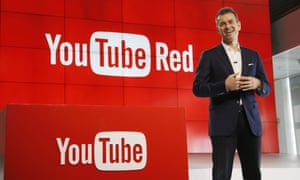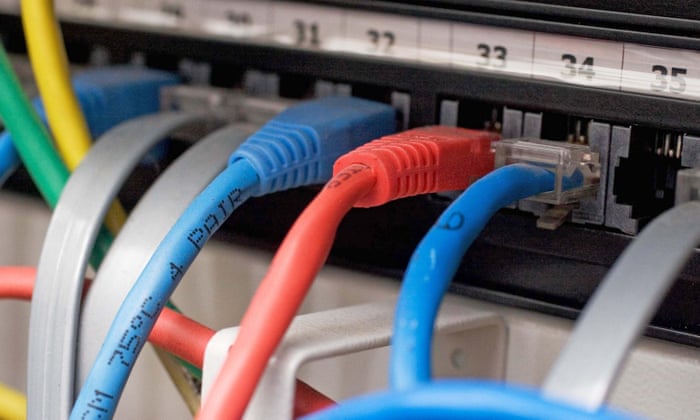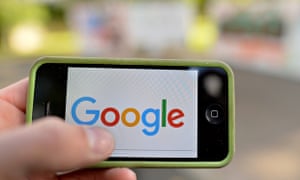In our digital era, the rules of the game are changing, and the balance of power between institutions and audiences – two key media concepts – is shifting' The relationship between audiences
and institutions were, a lot simpler than what it is now. There
was a one way flow of media where the economically powerful institutions,
distribute packaged media products to carefully defined audience members. This
accentuates the strong dominance that institutions held in comparison
to the audience, who had not much opportunity for democracy in terms of media
production and conveyed ideologies. '
2)The article was the relationship between audience and institutions. Choose three examples from the article and summaries what the writer is saying about each of them.
- Sky one: needs income from subscribers and results in longer lasting consumers.
- ITV: the income comes from advertisers. Institutions appeal to much bigger audiences.
- The mail online: It receives more income the loner a reader stays on the site, so stories will feature lots of images and videos, and sensationalised or controversial headlines will be constructed to temp readers to click on it.
Audiences now have more freedom to access media products when they choose, rather than when they are told. Mobile technology allows audiences to carry TV programmes, films, music and all that is on offer on the internet on tablets and smartphones. Modern audiences now expect to be able to communicate directly with institutions, and to be able to construct their own media products for themselves.
4)How do you see the relationship between audience and institutions in the future? Will audience gain increasing power or will the major global media institutions hold sway?
At the moment audiences have more freedom to access media products when they choose, rather than when they are told. Mobile technology allows audiences to carry TV programmes, films, musicand all that is on offer on the internet on tablets and smartphones. Modern audiences now expect to be able to communicate directly with institutions, and to be able to construct their own media products for themselves. In the future, I see audiences having more control. They will have even more power as technology evolves every year. Institutions are going to have to adapt to what the audience prefers and wants.











